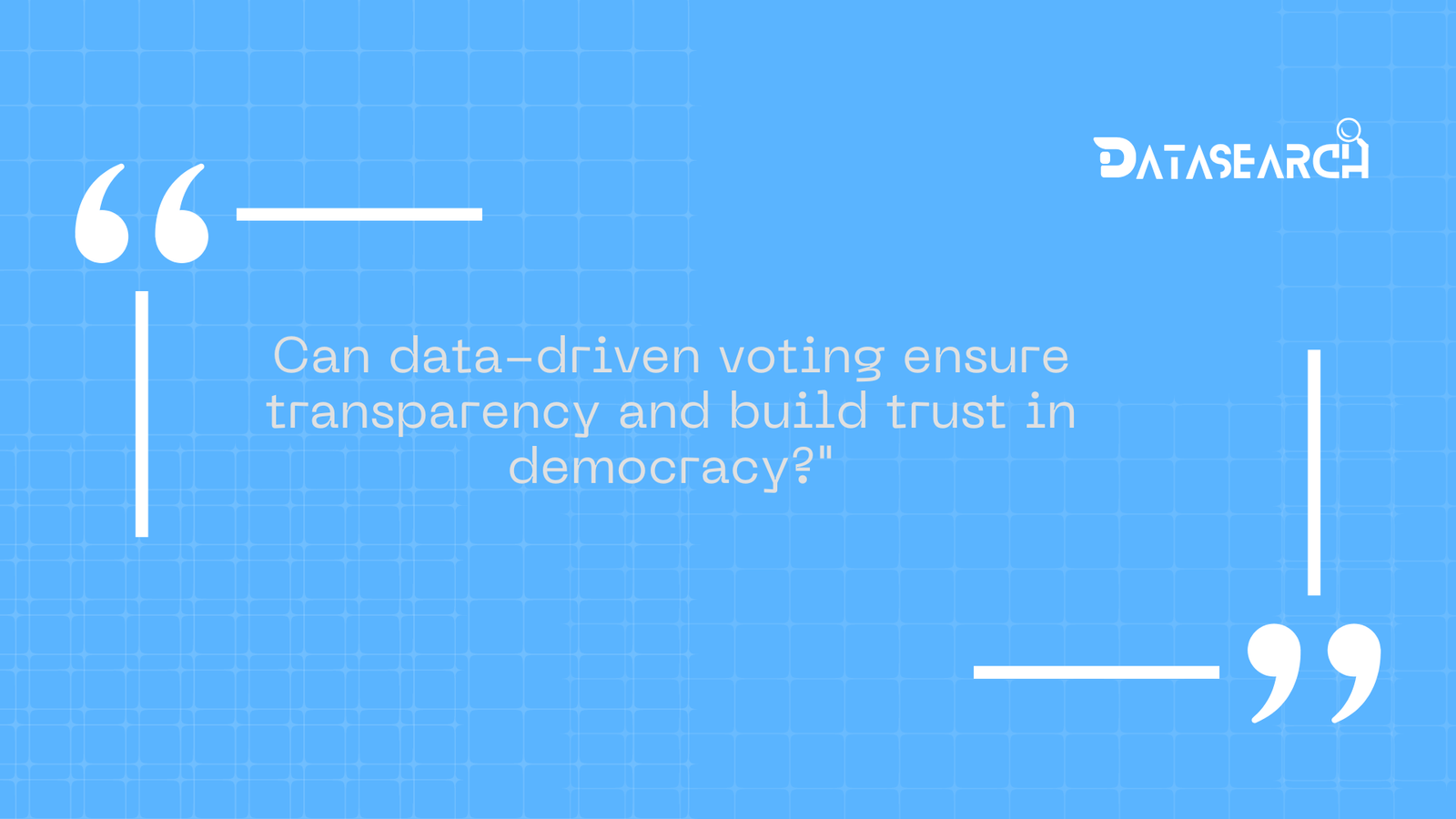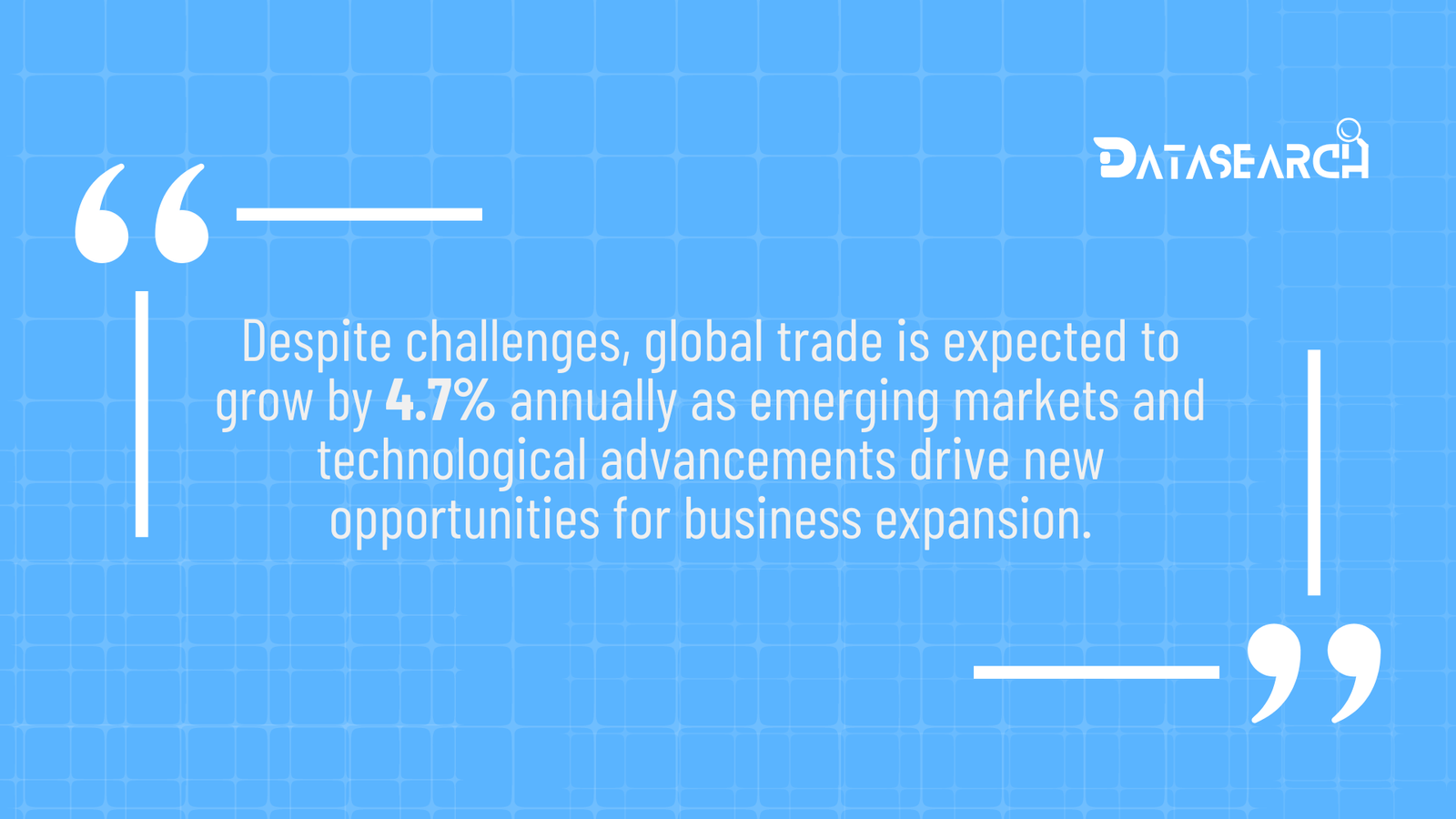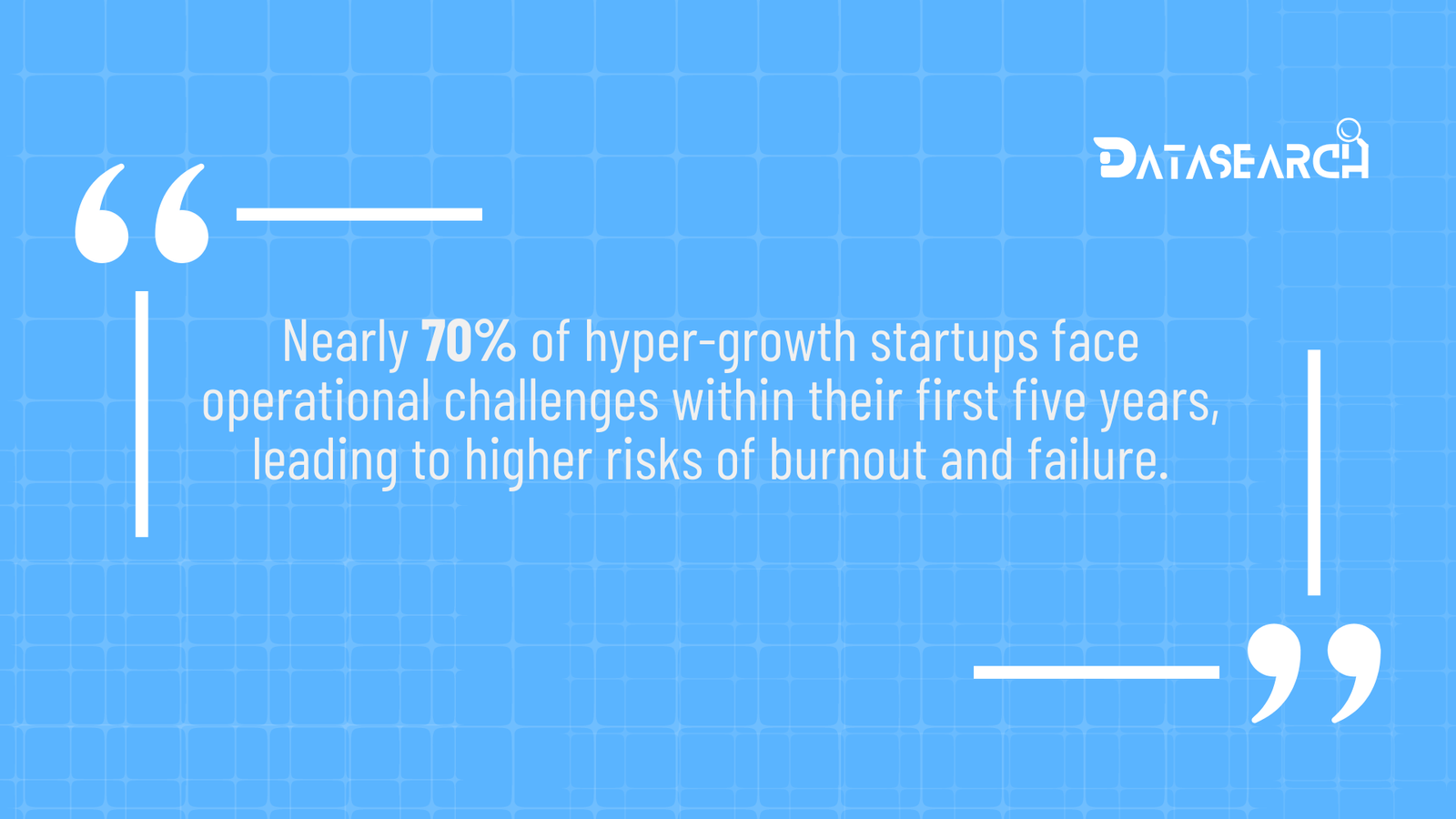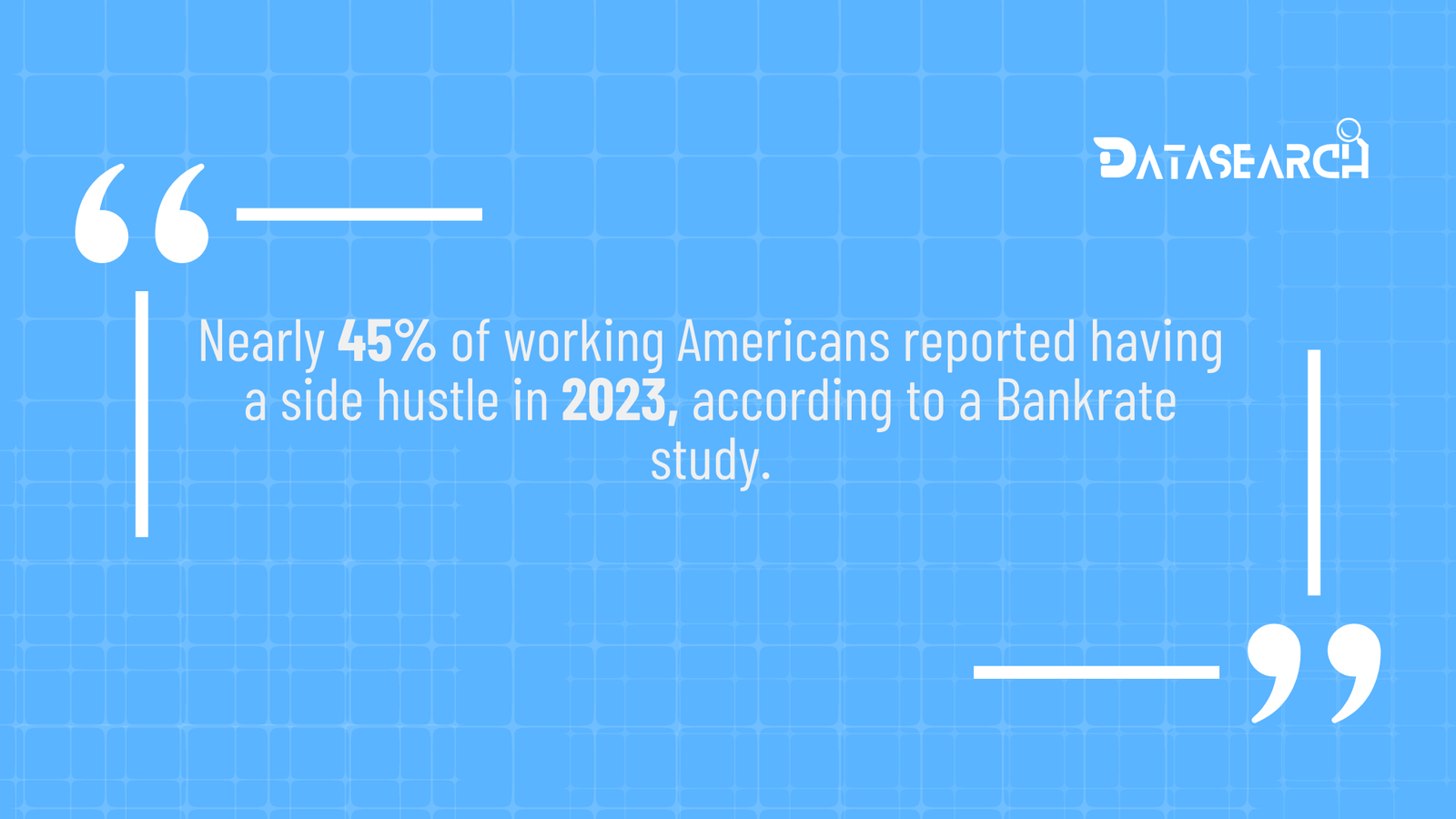As society becomes more data-driven, the electoral process is also seeing the potential benefits of utilizing data to create a more transparent and accessible democracy. However, with the complexities of digital advancements, questions remain about how data can be leveraged to improve trust, security, and participation in voting systems worldwide. This article will explore how data technology could shape the future of elections and whether it can truly build a more transparent democracy.
The Role of Data in Modern Elections
Data has already revolutionized how campaigns are run, from voter targeting to real-time analytics on voter behavior. But beyond the campaign trail, data can play a critical role in making the voting process itself more efficient and secure. Through digital tools, election officials can ensure more accurate voter rolls, better voter outreach, and streamlined election management.
In places where electronic voting systems are used, data plays an integral role in securely storing votes, tracking voter participation, and even predicting electoral outcomes. But for many, the primary concern remains whether data technology can be trusted to protect the integrity of the vote.
Enhancing Transparency and Trust with Data
One of the key challenges in today’s democratic processes is building trust. With concerns over election fraud and misinformation on the rise, the public is demanding more transparency. Data can help address these concerns by offering greater accountability.
For instance, blockchain technology is being explored for its potential in creating tamper-proof voting records. Each vote recorded on a blockchain ledger would be transparent, traceable, and immutable, reducing the risk of election tampering. This could pave the way for a more verifiable and secure voting process.
Similarly, data analytics can monitor voting trends, helping election officials quickly spot irregularities that might suggest fraud or technical issues. Transparent access to this kind of data can build public confidence in the integrity of elections.
Data Privacy Concerns in Voting
Despite the potential benefits, data collection in elections also raises significant privacy concerns. How voter data is stored, shared, and protected remains a top priority. Striking the balance between transparency and voter privacy is essential to ensure that voter information is not misused or vulnerable to hacking attempts.
Governments and election bodies will need to adopt strict data security policies and technologies, such as encryption and decentralized data storage, to protect sensitive voter information. Ensuring data privacy while maintaining transparency is crucial for a future where data-driven voting systems thrive.
Increasing Voter Participation with Data
Data also has the potential to increase voter participation. Through predictive analytics, campaigns can more effectively engage voters who are less likely to participate in elections. Data can be used to identify which groups are disengaged or face barriers to voting, allowing for better-targeted outreach and resources to be allocated to encourage participation.
Additionally, data insights can help refine voting methods, from mobile voting to absentee ballots, making it easier for people to cast their vote without the restrictions of location or time.
Challenges to Data-Driven Voting
While the future of voting through data holds promise, several challenges must be addressed. Cybersecurity threats are a significant concern, as data-driven systems are susceptible to hacking, fraud, and misinformation campaigns. Governments will need to invest heavily in security measures to protect election integrity.
Another challenge is ensuring that data-driven voting systems are inclusive. In areas with low digital literacy or limited access to technology, reliance on data tools could create new barriers to voting rather than removing them. Policymakers must ensure that voting technologies remain accessible to all citizens, regardless of their technological access or abilities.
How DataSearch Can Support Transparent Elections
DataSearch can play a pivotal role in helping government bodies and organizations build a more transparent electoral process. With DataSearch’s advanced data analytics and insights, electoral bodies can better manage voter data, track participation trends, and ensure transparent and secure voting systems. By leveraging the platform’s data-driven approach, election organizers can optimize outreach efforts, monitor voting integrity, and foster greater public trust in the democratic process.
Visit DataSearch.pro to learn more about how our platform can help drive transparency and trust in future elections.




